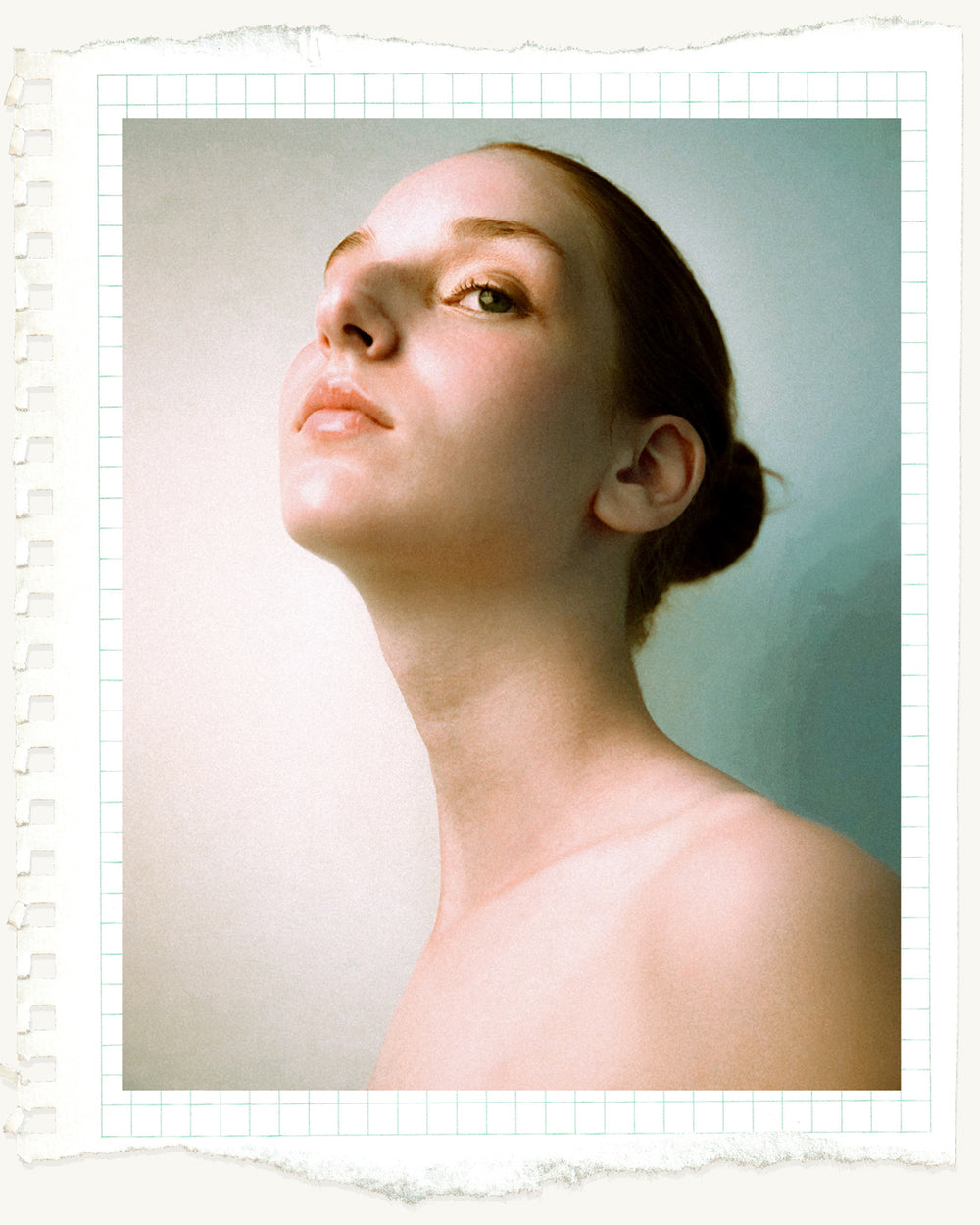what is the skin barrier?

the skin barrier is a term used to describe the top layer of your skin, the stratum corneum, it is also referred to as the moisture barrier or the skin’s acid mantle.
to help you understand how the skin barrier functions we will need to explain how the skin is structured.
your skin is incredibly complex but for simplicity we have outlined the three main layers which consist of the epidermis, the outermost layer of which the stratum corneum sits atop, the dermis, the middle layer sandwiched between the epidermis & the hypodermis which is the bottom layer.
the skin barrier contains natural moisturising factors & essential nutrients such as ceramides, cholesterol & fatty acids but interestingly is also permeable which is why it allows to protect against transepidermal water loss (tewl) & skincare can be applied topically to work its magic.
to be able to tell if your skin barrier is damaged, there are 3 signs to look out for:
1. redness/irritation.
this is the main issue concerning a damaged skin barrier, redness & irritation consisting of inflammation, raised bumps, or broken capillaries that could be caused by several conditions leading up to their appearance namely rosacea, eczema, or dermatitis.
generally, if redness/irritation appears straight after applying a product, discontinue use & seek out a more suitable product for your skin.
if you are experiencing chronic skin redness/irritation over time even after using gentle skincare, we recommend seeing a dermatologist to assist you in finding the root cause of your issue & to assist you to know which steps to take to stop it from happening again.
2. itching/tightness.
itching & tightness is usually a sign that you have applied skincare that contains an ingredient you are allergic to or there is a higher percentage of an ingredient that your skin can not handle & is contributing to disrupting your skin barrier.
always look for gentle ingredients such as cica grass, blue tansy, glycerine, butylene glycol, beta-glucan, oat derivatives & aloe vera as they help to gently calm itchy, taught skin.
3. dehydrated/dry skin.
using drying, irritating skincare products that contain harsh cleansing surfactants, high percentages of retinol, alcohol, fragrance or other actives & environmental exposure without sunscreen help strip your skin barrier which is very easy to disrupt so as a rule always treat your skin kindly & remember prevention is better than cure.
now that you know which signs to look out for, what steps can you take to prevent or repair a damaged skin barrier?
lucky for you it isn't as difficult to repair & you should see positive results within 48-72 hours.
always cleanse with a well-formulated cleanser & tepid water, if your skin feels stripped & squeaky tight after cleansing you may want to reach for something more nourishing such as a cream or oil-based cleanser.
avoid using acids & retinol for a few days to help bring back equilibrium to your skin barrier, nothing is worse than continually irritating your skin & helping inflame an already delicate situation.
apply omega fatty acid-rich lipids such as jojoba, squalane, reach for gentle hydrators such as glycerine & hyaluronic acid & to support a replenished skin barrier, always look for natural moisturising factors on the ingredient list, such as amino acids & if they are synthetic in origin, even better, as synthetic moisturising factors are proven to work better than their natural counterparts.
lastly, do not forget that your skin is your bodies largest organ, be mindful of how much you are sleeping to make sure you get a full nights rest, eat well & manage stress more effectively as it all contributes to inflammation which can also exasperate premature skin conditions that require a more holistic approach to work alongside your effective skincare routine.
if you have any questions or concerns about your skincare barrier, please reach out to us as we would love to help you pick out a product that will be best suited to you.




